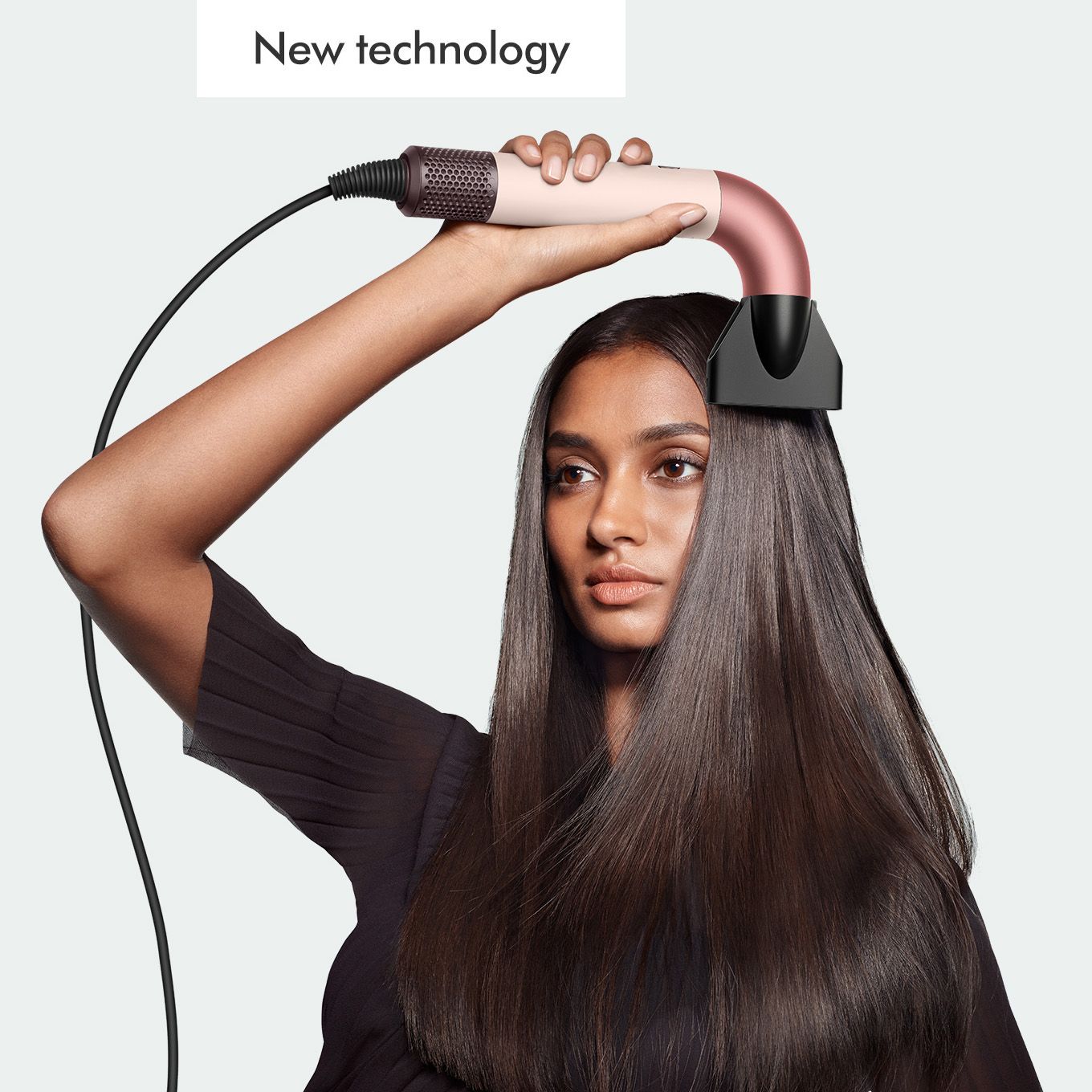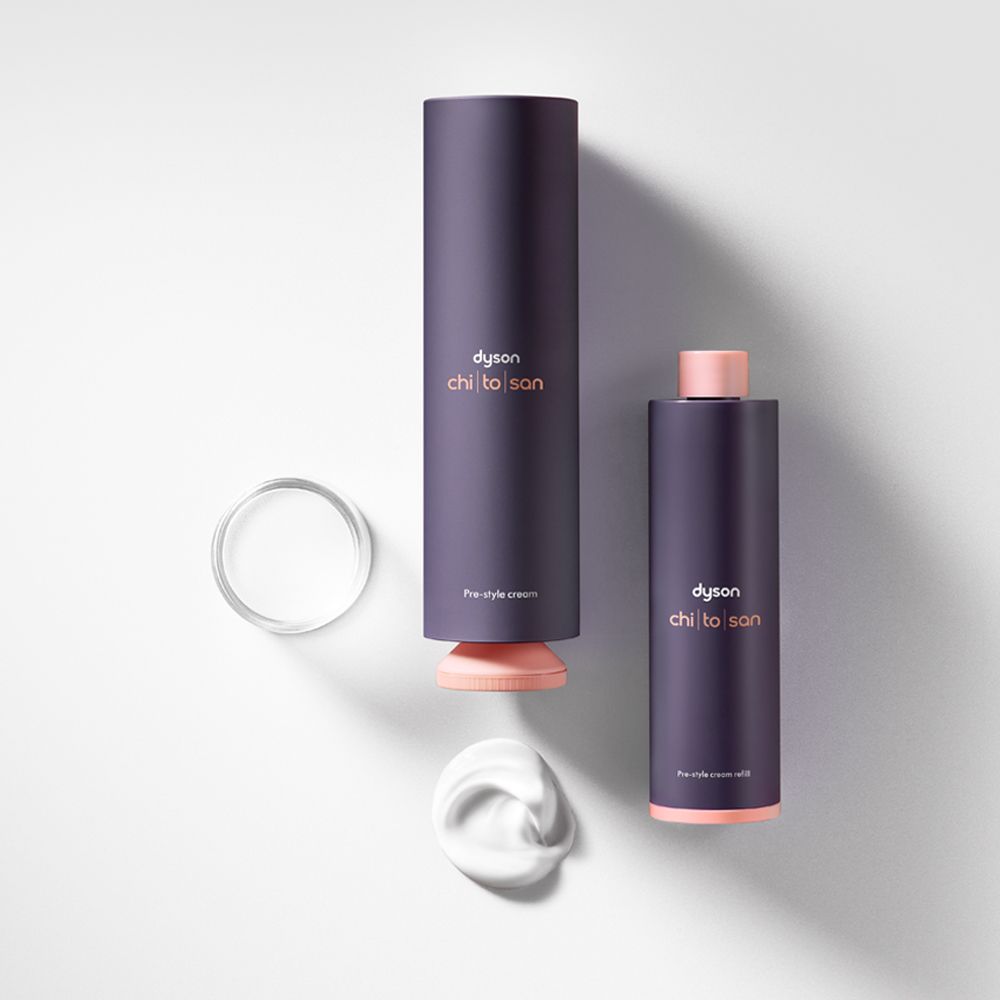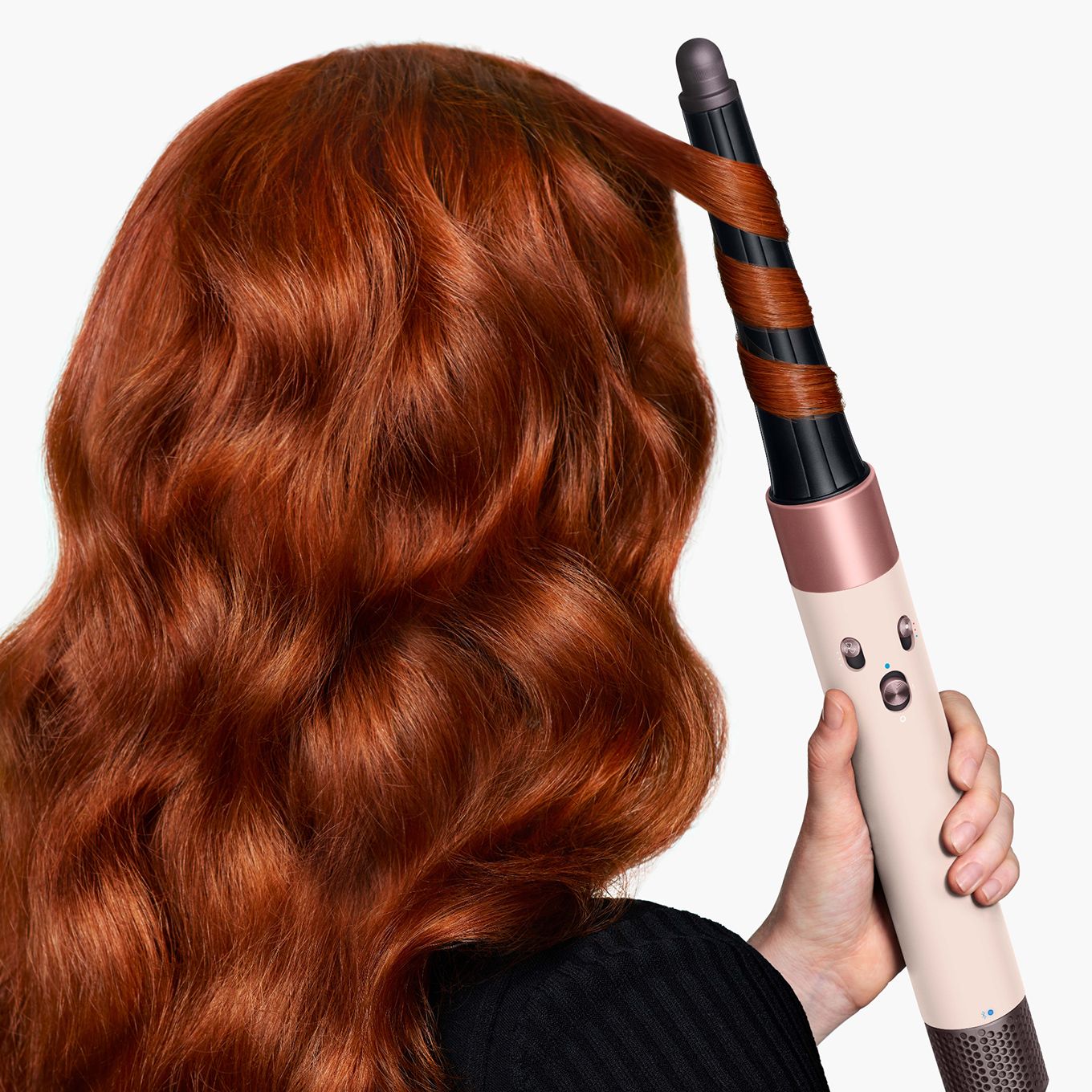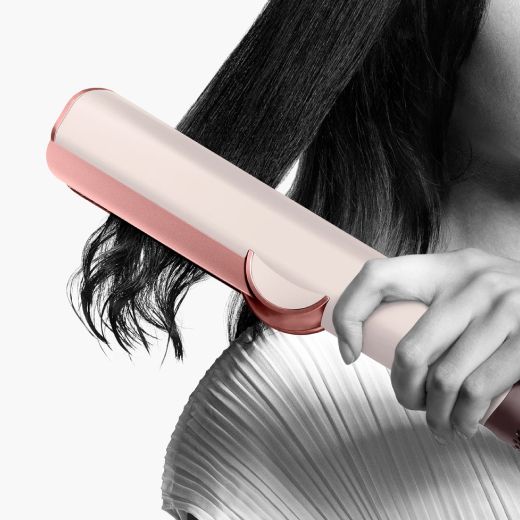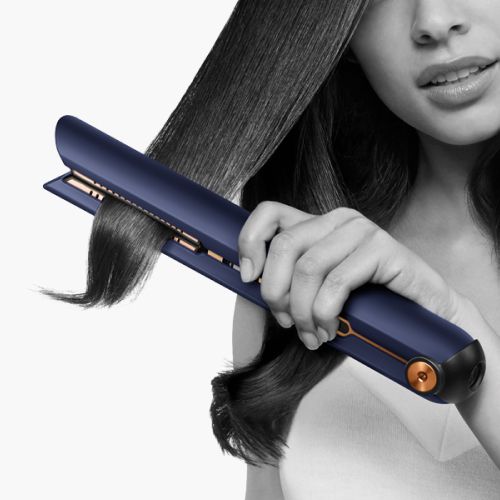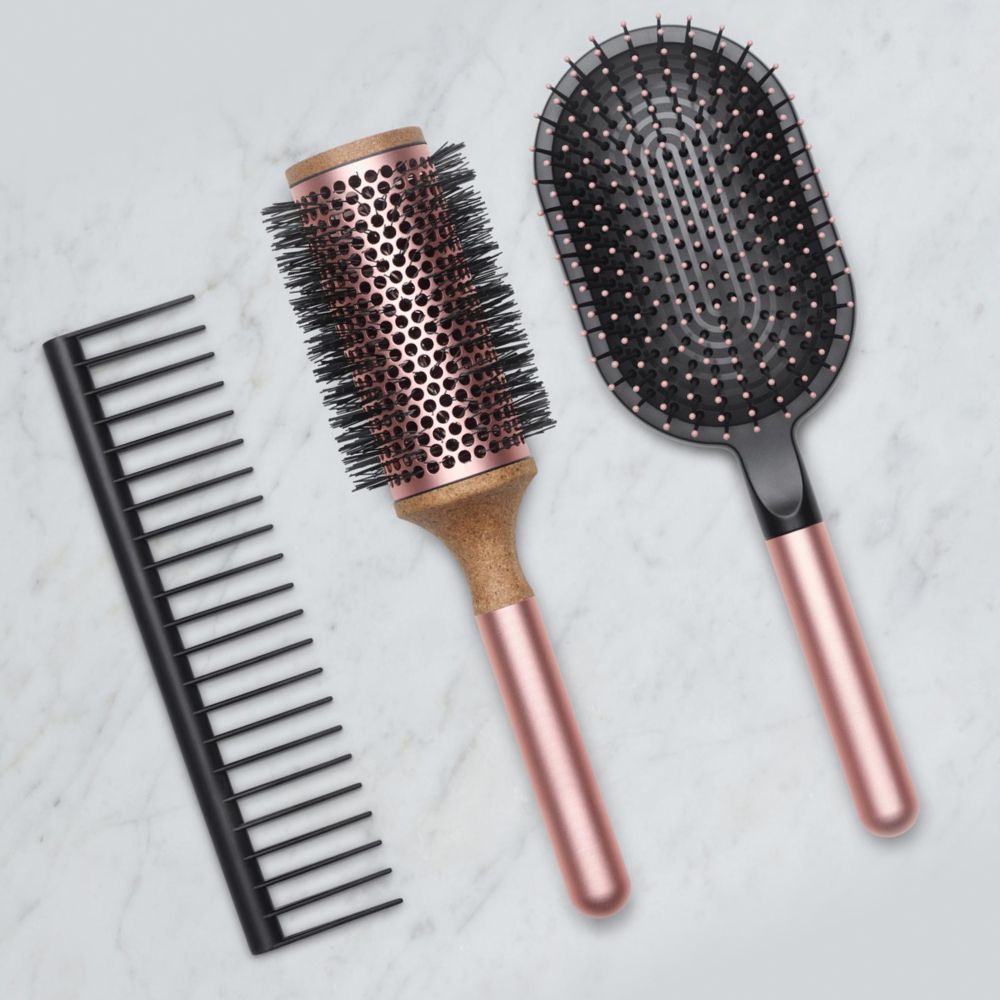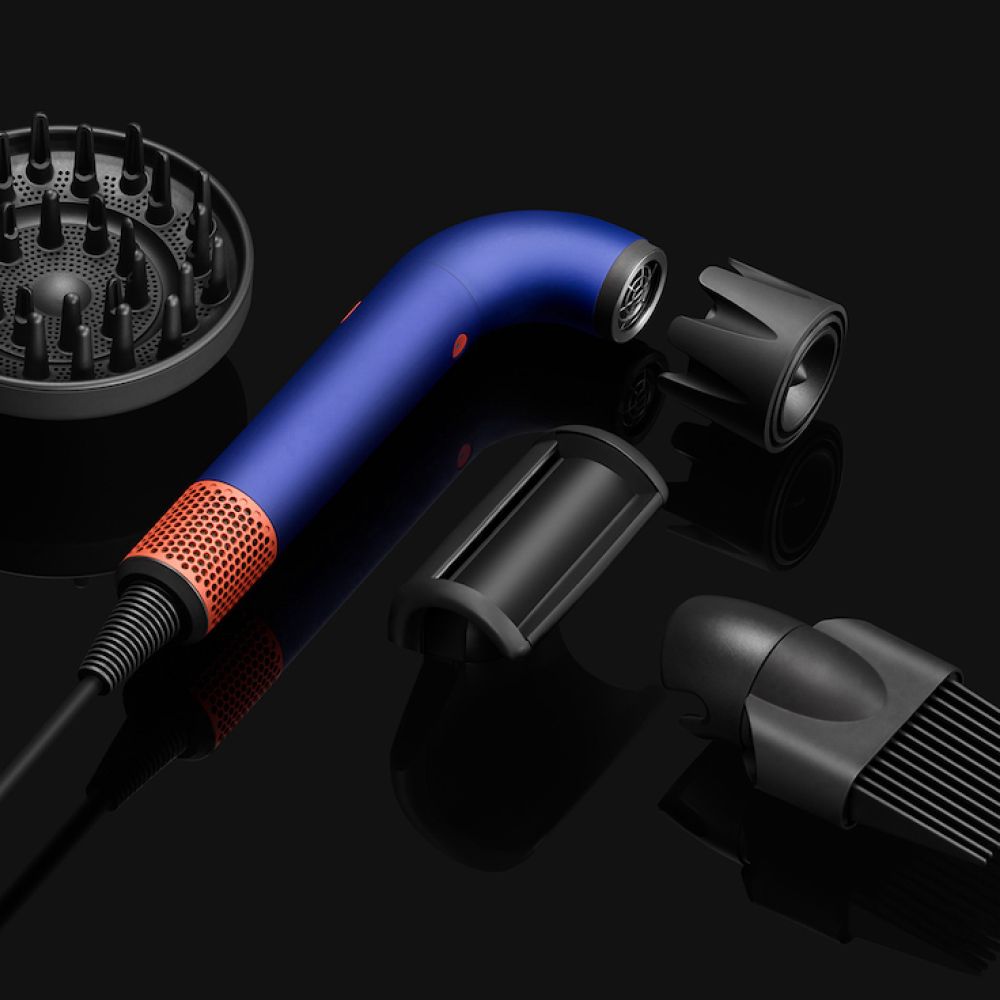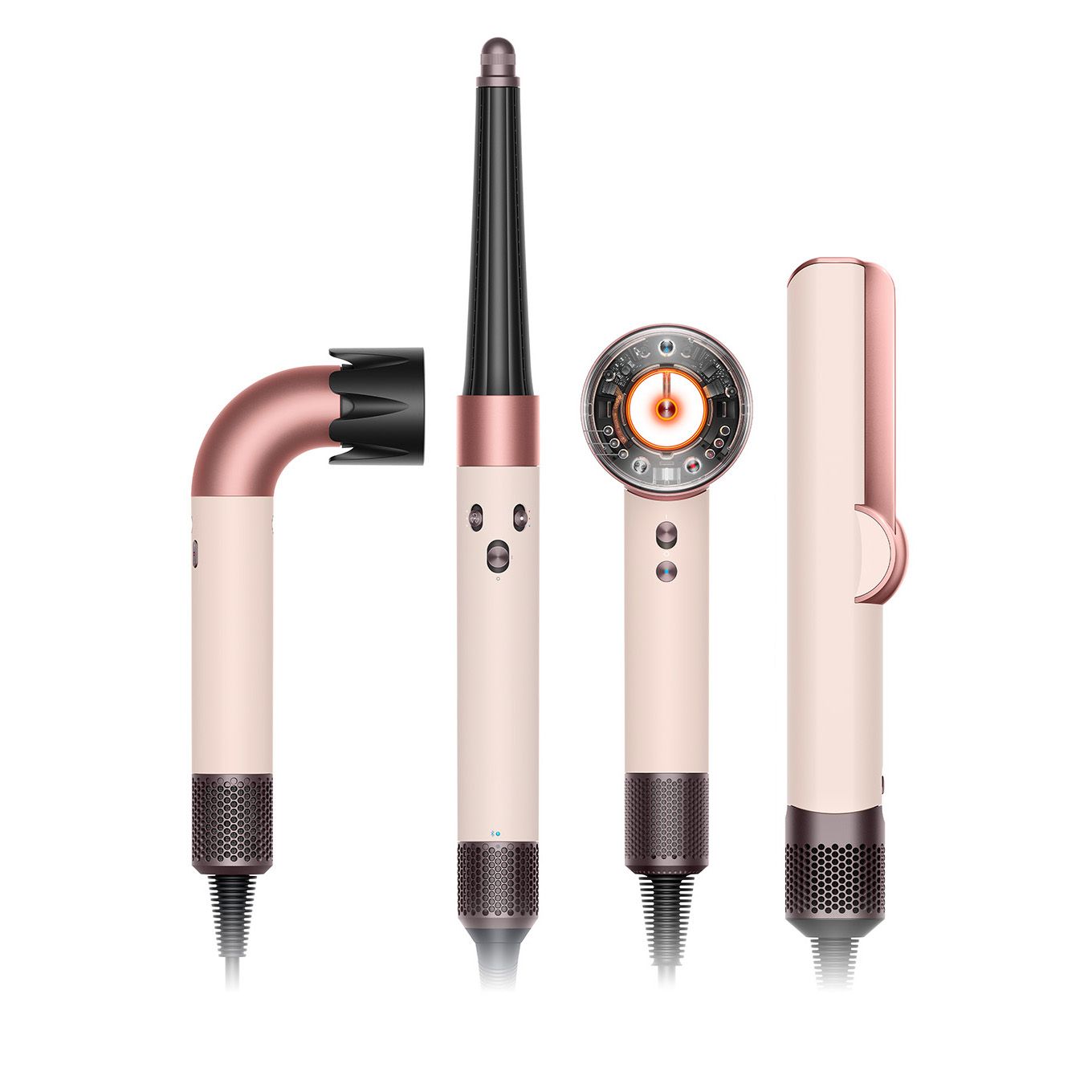Insights | Hair | Science
How often should you wash your hair?
For many people, determining how often to wash their hair can feel like a constant balancing act. Wash too frequently, and you risk stripping your hair of essential natural oils, leading to dryness and potential damage. Wait too long, and product buildup, excess sebum, and environmental pollutants can leave your hair looking greasy and lifeless.
Hair washing frequency is not a one-size-fits-all approach—it depends on various factors, including hair type, scalp health, lifestyle, and even the styling tools you use.
In this guide, we'll explore the key factors influencing washing frequency, the impact of styling tools on hair health, and how Dyson hair care's advanced technology can help find a balance between cleanliness and protection.
-
- What influences how quickly your hair gets greasy?
- Can you actually over-wash your hair?
- How can you care for your hair type?
- Recent scientific advances in hair growth research
- Practical ways to optimize hair growth
- Common myths about hair growth
- Dyson: optimal engineering for hair
- Read More
- Archive
What influences how quickly your hair gets greasy?
Sebum, the natural oil produced by sebaceous glands in the scalp, plays a crucial role in hair health. It helps to protect and nourish the hair shaft by ways of reducing moisture loss, but excess sebum can lead to greasiness. Factors such as age, genetics, and hormonal fluctuations (including androgens) influence sebum production, making some individuals more prone to oily hair than others.
The role of hair type
Different hair types distribute sebum differently:
- Fine hair: Sebum spreads quickly, making hair appear greasy faster.
- Thick or curly hair: Sebum takes longer to travel down the hair shaft, allowing for less frequent washing.
- Coarse or dry hair: Naturally produces less sebum, requiring less frequent washing.
Environmental and lifestyle factors
External elements such as pollution, humidity, and sweat can accelerate oil buildup. Regular exercise and exposure to environmental pollutants may necessitate more frequent washing, while those in drier climates may find they can extend time between washes.
Can you actually over-wash your hair?
The effects of excessive washing
Frequent shampooing, especially with harsh sulfates, can strip the scalp of its natural oils, leading to:
- Increased sebum production as the scalp compensates for lost moisture.
- Dryness and irritation, particularly for sensitive scalps.
- Damage to the hair cuticle, resulting in frizz and breakage.
The impact of heat styling
Dyson's intelligent heat control technology helps prevent excessive heat exposure, reducing the need for frequent washing by maintaining hair health and style longevity.
How can you care for your hair type?
Everyone’s hair is different, and while the following recommendations offer a helpful starting point, the best routine is the one that works for you. Factors like lifestyle, climate, and personal preferences all play a role in shaping your ideal hair care approach—so use this guide as inspiration, and don’t be afraid to adjust based on what your hair truly needs.
Fine hair
- Wash frequency: Every 1–2 days.
- Recommended approach: Use lightweight, volumizing shampoos and avoid heavy conditioners at the roots.
- Dyson solution: Dyson Airwrap™ multi-styler and dryer with controlled airflow helps maintain volume without excessive heat after washes.
Curly or coily hair
- Wash frequency: Every 4–7 days.
- Recommended approach: Opt for co-washing (using conditioner instead of shampoo) to maintain hydration.
- Dyson solution: Diffuser attachments on the Dyson Supersonic Nural™ hair dryer and Dyson Airwrap™ multi-styler and dryer enhance curl definition while reducing frizz.
Thick or coarse hair
- Wash frequency: Every 3–5 days.
- Recommended approach: Use hydrating shampoos and deep conditioning treatments.
- Dyson solution: A wide-tooth comb attachment to accompany your Dyson Supersonic™ hair dryer can potentially help to detangle and define curls with minimal heat exposure.
Color-treated hair
- Wash frequency: Every 3–5 days.
- Recommended approach: Use sulfate-free shampoos.
- Dyson solution: Consider reading Dyson’s dedicated color-treated guide.
What can you use to clean your hair?
Choosing the right shampoo
To complement your wash day routine, consider pairing your shampoo with lightweight styling formulas, such as Dyson’s chitosan-based products, which help retain moisture, reduce frizz, and add hold—without the buildup that often leads to overwashing.
So, how often should you wash your hair?
There’s no universal rule—only what works for you. Factors like scalp type, hair texture, activity level, and even the season can all influence how often you need to wash. For some, daily cleansing keeps oil in check; for others, a once-a-week routine preserves much-needed moisture.
By building a routine around your hair type—and using products and tools that support it—you can maintain healthier, more resilient strands. Dyson’s advanced hair care range, including intelligent styling tools and supportive styling products like their Chitosan-infused line, empowers you to style confidently while minimizing damage between washes.
Read more
-
Insights | Hair | Hair styles
-
Insights | Hair | Styles
-
Insights | Hair | Styles
Discover Dyson
- Cammy Pedroja.What Is Sebum and Why Does It Build Up on Skin and Hair?Available at: https://www.healthline.com/health/beauty-skin-care/sebum. (Accessed May 2025)
- Cleveland Clinic. Sebaceous Glands: Function, Location & Secretion. Available at: https://my.clevelandclinic.org/health/body/24538-sebaceous-glands. (Accessed May 2025)
- Cleveland Clinic. How Often Should You Wash Your Hair? Available at: https://health.clevelandclinic.org/the-dirty-truth-about-washing-your-hair. (Accessed May 2025)
Disclaimer
The information provided in this article is not intended as a product claim. Refer to individual Dyson models for specific capture claims.
The contents of dyson.com, such as text, graphics, images, and other materials created by Dyson or obtained from Dyson licensors, and other materials contained on the Dyson.com Site (collectively, "Content") are for informational purposes only. The Content is not intended to be a substitute for professional medical advice, diagnosis, or treatment. Always seek the advice of your physician or other qualified health provider with any questions you may have regarding a medical condition. Never disregard professional medical advice or delay in seeking it because of something you read on the Dyson.com Site!
Dyson does not recommend or endorse any specific tests, physicians, products, procedures, opinions, or other information that may be mentioned on the Site. Reliance on any information provided by Dyson, Dyson employees, others appearing on the Site at the invitation of Dyson, or other visitors to the Site is solely at your own risk.
Press contacts
-
USA
Emails us at USPR@Dyson.com
1330 West Fulton Street, 5th Floor, Chicago IL, 60607
-
Social media
- Twitter: @dyson
- YouTube: youtube.com/dyson
- Facebook: facebook.com/dyson
- Instagram: @Dyson
- Instagram: @dysonbeauty
- LinkedIn: Dyson
- Pinterest: Dyson Technology


